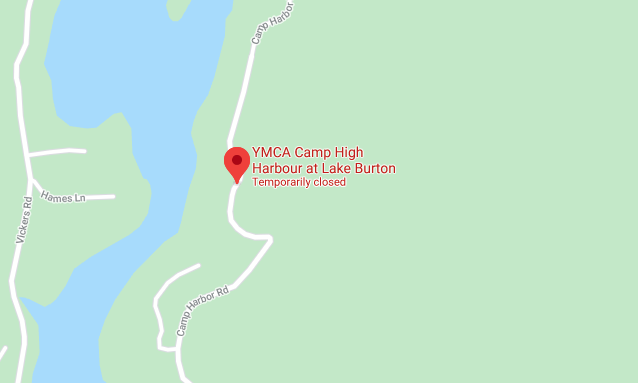Outbreak at overnight camp shows children can transmit COVID-19, CDC says
Published 1:00 pm Monday, August 3, 2020

- YMCA closes its Camp High Harbour locations in North Georgia after a COVID-19 outbreak.
ATLANTA — One Georgia summer camp adhered to all the requirements in Georgia’s protocol for reopening, but still hundreds were infected with COVID-19.
A new report from the Centers for Disease Control and Prevention released Friday, concluded that despite mitigation efforts coronavirus can “spread efficiently” in “youth-centric activities” causing a spike in infection rates among attendees of all ages.
Out of nearly 600 staff, trainees and campers at the Georgia overnight camp, 260 — 44% — tested positive for COVID-19, the CDC said. Of those who tested positive, more than 200 were ages 6 years old through 17 years old.
On June 11, Gov. Brian Kemp issued an executive order allowing overnight summer camps to reopen if campers and staff obtained a negative COVID-19 test within 12 days of starting camp. Kemp has long refused to mandate masks — which only staff were required to wear at the camp where hundreds were infected.
The camp was unnamed in the report but later identified as the YMCA’s Camp High Harbour in North Georgia after the YMCA of Metro Atlanta released a statement on the camp’s closure.
According to the CDC report, the camp was scheduled to run June 21 through 27. On the night of June 23, one teenage staff member was sent home after developing chills. The next day, the teen tested positive for coronavirus. While camp officials began sending children home that day, the camp only closed completely three days later.
On June 25, the Georgia Department of Public Health was notified of the outbreak and started its own investigation. Health officials recommend all attendees be tested and self-quarantine.
Although steps were taken to prevent transmission, the CDC said, efforts were “not sufficient” to prevent widespread transmission. Large groups sleeping in the same cabin and singing and cheering likely contributed to quick transmission. Large cabins with 16-26 individuals in one cabin had the highest COVID-19 positive rate — 53%.
“Use of cloth masks, which has been shown to reduce the risk for infection,” the report says, “was not universal.”
Children ages 6 years old through 10 years old had the highest positive rate — 51% — wile ages 11 years old through 17 years old had the second highest — 44%.
The CDC concluded that the investigation strengthens evidence that children of all ages are susceptible to the virus and “contrary to early reports” may play a large part in transmission.
In a statement, Parrish Underwood, chief advancement officer for YMCA of Metro Atlanta, said in opening the camp, officials “made every effort” to adhere to guidelines outlines by the CDC, American Camp Association and Kemp’s executive order.
“Attending Camp High Harbour is a tradition numerous generations of Y families look forward to every summer,” he said in a statement. “Many of these individuals reached out to the Y to express their desire for us to open our resident camps in an effort to create normalcy in their children’s lives due to the detrimental impact of COVID-19. This weighed heavily in our decision to open, a decision in retrospect we now regret.”
The YMCA also said that the infected staff member passed the necessary screenings upon arrival — which included providing a negative COVID-19 test.
The report came the Friday before thousands of students in Georgia and across the country are set to walk through the doors of schools for the new academic year.
A brief released last week by the Kaiser Family Foundation — a nonprofit, nonpartisan health policy organization — concluded that while children are less likely than adults to become severely ill from COVID-19, they still transmit the virus — suggesting risk to reopening in-person instruction.
The report says while other countries that have reopened schools have not experienced widespread outbreaks, almost all had significantly lower rates of COVID-19 case spread than the United States.
“There is a risk of spread associated with reopening schools, particularly in states and communities where there is already widespread community transmission,” the authors concluded. “That should be weighed careful against the benefits of in-person education.”
Per Kemp’s executive orders, schools are not required to mandate staff and students wear masks — a key mitigation tactic recommended by the CDC. The Georgia Department of Education recommends use of masks in reopening schools.
Still, Kemp and the state’s highest education officials are adamant that children need to return to the classroom.
“We want our school or students to be physically back in school — that is the best place for them to learn,” State Superintendent Richard Woods said last month. ” … But that being said, the safety of our students and our staff will continue to take precedent in all our decision making.”
While Dr. Kathleen Toomey, commissioner of the Department of Public Health conceded that COVID-19 cases in schools are “fully expected.”




